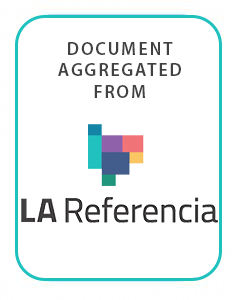Facilitating Decentralized Policy for Sustainable Forest Governance in Myanmar: Lessons from the Philippines
... In Myanmar, people's participation has been prioritized as an imperative of national forest policy in 1995 endorsed by the community forestry instructions (DFIs). Today, there are about 42,148 ha of community forestry (CF) management by 572 user groups (USGs). In CF management, the people are engaging three types of activities: (1) to preserve of improve the production system such as planting trees and promoting the growth of trees, (2) to use forest resources for subsistence needs, (3) to get cash by selling the timber harvested or furniture made by the timber.





